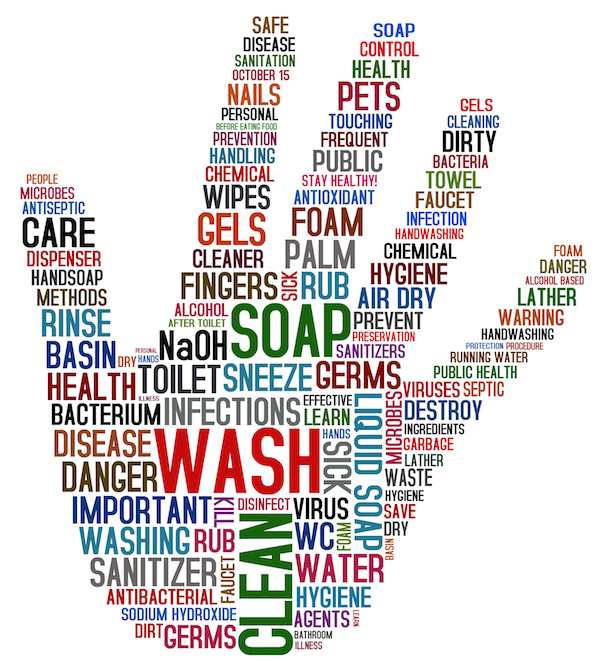
THURSDAY, Dec. 10 (HealthDay News) — A small study finds that even adults who know what medicines they take at home can’t accurately name the drugs they’re getting in the hospital.
Forty-four percent of patients believed they were receiving a medication in the hospital that was not actually prescribed. A patient who normally receives a blood pressure medicine, for example, may have thought the medicine was continued when, in fact, it was not.
Ninety-six percent of patients failed to recall one or more of the medicines that they had been prescribed during their stay, according to the study, which is published Dec. 10 in the Journal of Hospital Medicine.
“I don’t think that’s surprising at all. I think that that’s the natural consequence of the way in which hospital culture is designed. Patients are given their medicines and they take their medicines,” said study author Dr. Ethan Cumbler, an assistant professor of medicine at the University of Colorado Denver and director of the University of Colorado Hospital Acute Care for the Elderly Service.
“It’s actually a very different culture than what goes on in the outpatient setting, where patients actually are expected to know what they were taking, when they’re supposed to take it and for what reason,” he explained.
But the stakes are just as great — if not greater — in the hospital.
Say an antibiotic was prescribed. If the patient was allergic to a particular antibiotic and knew which drug he or she was about to receive, that person could play a role in averting the medication error before the drug was administered, Cumbler reasoned.
Or, a kidney transplant patient normally takes certain medicines to prevent rejection of the organ, but a dose might be accidentally skipped.
“If the patient knows what medicines they’re supposed to be getting and when, then they’re sort of one extra layer of protection to make sure that things go well,” he said. “If they don’t know what medicines they’re supposed to be getting or when, then they are dependent on hospital systems to work flawlessly, and the sad fact is that hospital systems in any hospital don’t work flawlessly.”
Kevin Colgan, corporate director of pharmacy at Rush University Medical Center in Chicago and immediate past president of the American Society of Health-System Pharmacists, was surprised that so many patients did not know what drugs their doctor has prescribed.
“It means that evidently it was not well-communicated with them what their plan of care was,” he said.
To catch medication errors, patients first have to know something about the medicines they’re taking. So for this study, Cumbler and colleagues surveyed 50 adults between the ages of 21 and 89 at the University of Colorado Hospital. All were knowledgeable about the medicines they were taking before admission.
Patients were then asked to write down all the medicines they thought doctors were prescribing for them while they were in the hospital. Researchers compared that list to the actual medication administration record — the list of medications that were being given to them in the hospital.
Medicines prescribed but not listed by the patient counted as errors of omission, while medicines listed by the patient but not actually prescribed counted as errors of commission.
On average, patients omitted 6.8 medications, most commonly antibiotics (17 percent), cardiovascular medications (16 percent) and antithrombotics (15 percent), the researchers found.
Only 28 percent of patients said they’d seen their hospital medication list, although 78 percent would like to have been given such a list, and 81 percent said it would improve their satisfaction with their care, the study authors noted.
“There are a group of patients that want to be more involved,” Cumbler noted, “and I think this raises the question, ‘How can we help them be more involved?'”
What’s more, for some patients, especially those who are older and cognitively impaired, more involvement may not be desirable and, in fact, may have disadvantages, he noted.
Colgan described a number of things patients can do to get more involved in their own medication management:
- Keep a list of medications you take so you can provide an accurate medication history when you check into the hospital.
- During your stay, ask: “What’s that name of the drug you’re giving me? What will it do? And what adverse drug reactions should I expect?”
- Before discharge, learn about any medications you’ll be taking at home.
More information
The American Society of Health-System Pharmacists can help you keep track of your medicines.

